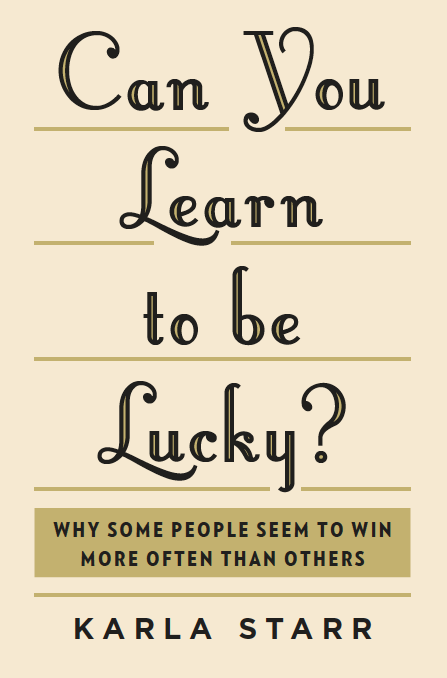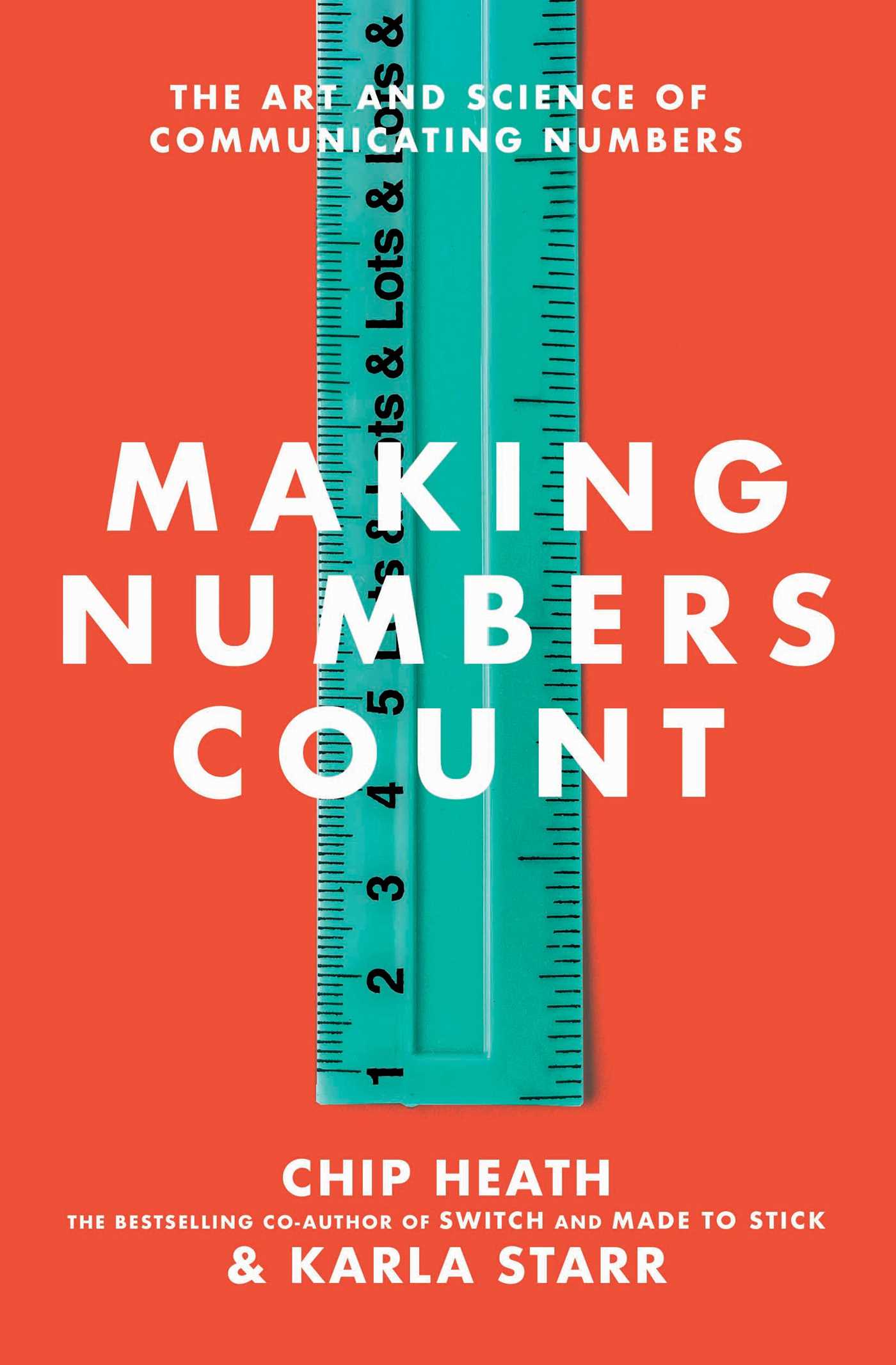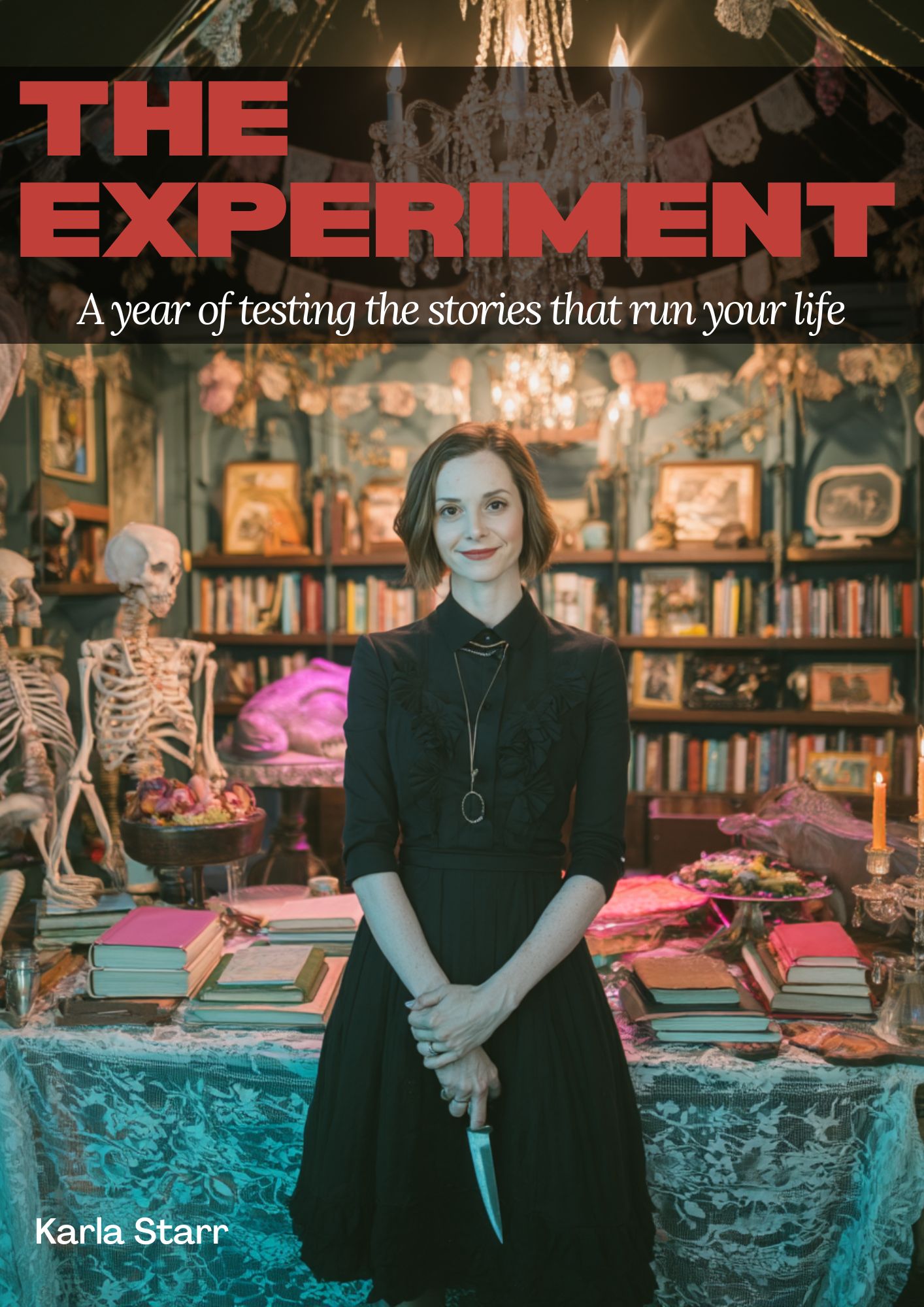Books
Penguin / 2018
Can You Learn to Be Lucky?
Luck isn’t magic—it’s math, mindset, and messy human behavior. Can You Learn to Be Lucky? blends behavioral science, psychology, and storytelling to answer one question: why do some people seem to win more often than others?
Drawing from years of research and real-world experiments, I uncover how optimism, risk-taking, and social connection turn randomness into opportunity. This isn’t about superstition or positive thinking. It’s about building a luck-ready life: noticing patterns, taking intelligent bets, and creating environments where serendipity can find you.
The book has been featured in outlets from Fast Company to Forbes for its surprising, data-driven take on chance. Readers come away realizing that luck isn’t handed out—it’s cultivated. And, yes, you can get better at it.

Simon & Schuster / 2022
Making Numbers Count
We live in a world of big data, but the human brain is terrible at big numbers—or any numbers, really. Here's a handbook on the art and science of translating abstract data into meaning that sticks. Through hundreds of examples—from billion-dollar budgets to the calories in an M&M—we show how to turn complexity into clarity using vivid comparisons, analogies, and storytelling.
Chip Heath and I weren't under the impression that we could make people love math. We just wanted to make the process of working with and explaining them seem less scary, doable—fun, even.
The book became a go-to resource for data storytellers, nonprofits, and Fortune 500 teams trying to make metrics memorable.

TBD / 2027
Soft Skills for the Apocalypse
A field guide for surviving reality distortion, the collapse of attention, emotional burnout, and navigating environmental collapse. It's less about building bunkers and more about re-humaning: adaptability, empathy, and meaning-making when nothing seems to make sense.

A 12-month social experiment in honesty, reinvention, and systemic unlearning.
The Experiment
Most adults aren’t broken—they’re just running outdated survival code. The Experiment is what happens when you stop “self-improving” and start testing the stories that built you. Through a series of real-world experiments, I investigate the hidden operating system behind modern adulthood—how the same traits that once kept us safe (achievement, control, performance) now keep us numb. Each month becomes a live test of a different belief, blending data, comedy, and behavioral science to uncover what actually creates aliveness and authenticity.
What You’ll Learn: How to detect when “motivation” is just social compliance. Why comfort is the most expensive currency.
The Big Shift: From using other people's data points to zooming out to debug your own operating code; from self-help to self-research.
